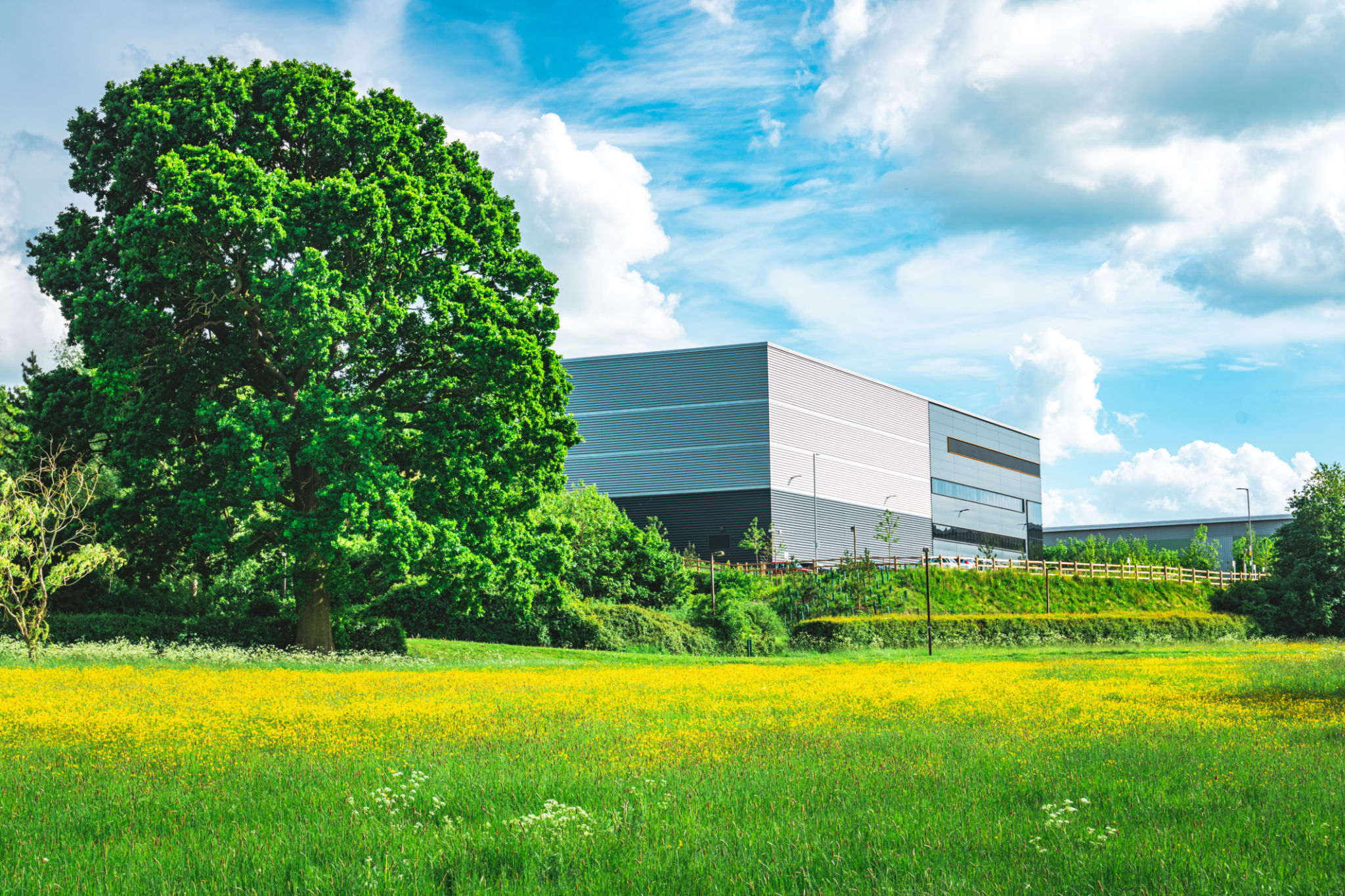5 Key Strategies for Sustainable Growth in the Logistics Sector
Understanding the Importance of Sustainable Growth
In today’s rapidly evolving global economy, the logistics sector plays a crucial role in ensuring the smooth flow of goods and services. However, achieving sustainable growth in this industry requires more than just expanding operations. It involves strategic planning and adopting practices that ensure long-term success.
Sustainable growth is not just a trend but a necessity for logistics companies aiming to remain competitive and resilient. By focusing on efficiency and responsible practices, businesses can enhance their reputation and bottom line.
Embracing Technological Innovations
One of the most significant strategies for sustainable growth in logistics is the adoption of advanced technologies. From automation and robotics to AI-driven analytics, technological innovations can dramatically improve operational efficiency.

By integrating technology into their operations, logistics companies can optimize supply chain processes, reduce costs, and improve service delivery. Investing in technology not only streamlines operations but also positions businesses as industry leaders.
Optimizing Supply Chain Management
Effective supply chain management is at the heart of any successful logistics operation. To achieve sustainable growth, companies must focus on optimizing their supply chain by improving transparency and collaboration.
Implementing advanced tracking systems and fostering strong relationships with suppliers and partners can enhance supply chain resilience. This approach ensures a seamless flow of goods, reducing delays and minimizing disruptions.
Focus on Environmental Responsibility
As global awareness of environmental issues grows, logistics companies must prioritize sustainability to remain relevant. Implementing eco-friendly practices not only benefits the planet but also appeals to environmentally conscious consumers.

From reducing carbon emissions through efficient routing to using alternative fuel vehicles, there are numerous ways logistics companies can minimize their environmental impact. By doing so, they can improve brand image and attract more clients who value sustainability.
Investing in Workforce Development
The workforce is a critical component of any logistics operation. To ensure sustainable growth, companies must invest in their employees through training and development programs.
A well-trained workforce can handle complex logistics challenges more effectively, leading to improved productivity and customer satisfaction. Moreover, fostering a culture of continuous learning and innovation encourages employees to contribute to the company's success actively.

Building Strong Customer Relationships
Customer satisfaction is a key driver of growth in the logistics sector. By building strong relationships with clients, logistics companies can ensure repeat business and customer loyalty.
Offering personalized services, maintaining clear communication, and promptly addressing customer concerns can significantly enhance client satisfaction. A customer-centric approach not only boosts retention but also attracts new business through positive word-of-mouth recommendations.
Conclusion
Sustainable growth in the logistics sector requires a comprehensive approach that combines technology, environmental responsibility, workforce development, and strong customer relationships. By implementing these strategies, logistics companies can secure their place in the market and drive long-term success.
As the industry continues to evolve, embracing sustainability will be crucial for companies looking to thrive in an increasingly competitive landscape. By focusing on these key strategies, businesses can achieve growth that is both profitable and responsible.
